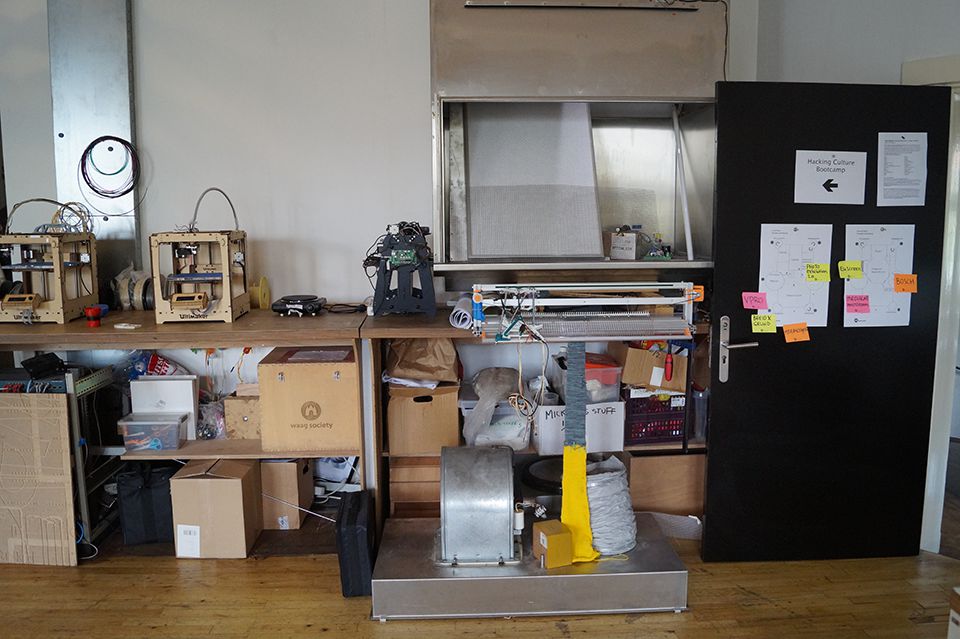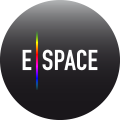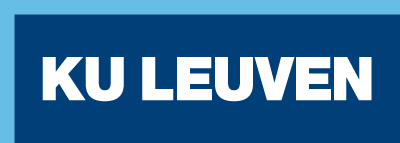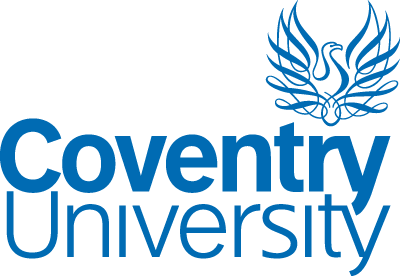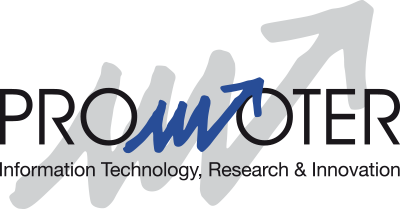25, 26 and 27 February 2016
FabLab, Heverlee
It was a great, inspiring event! Learn stories on Digitalmeetsculture.net and on the Photography Pilot’s blog!
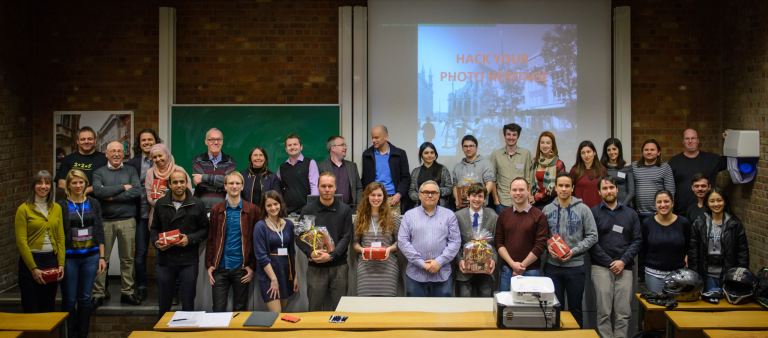
About
A 3-day event targeting developers, cultural heritage professionals, designers, creative entrepreneurs, photographers and photo-amateurs. Participants learnt how to tap the power of huge resources such as Europeana and Europeana Space, Flickr Commons and Wikimedia to build innovative apps re-using photographic Heritage, mixing images from the past with smartphone selfies, connecting old and new generations by making apps bridging centuries, developing web environments for teachers, educators and museum curators to bring true public access to photographic cultural Heritage, converting photo imagery to 3D-prints and new materials.
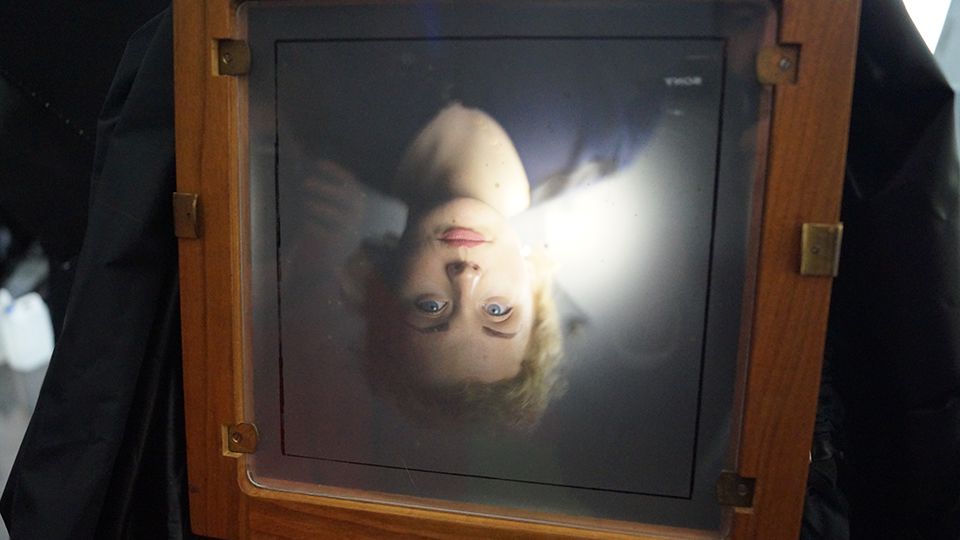
It’s all about telling stories, tapping into emotions and exploring new business models involving photography.
New opportunities for the creative industries
During the Hackathon developers had access to the vast public photographic heritage now available on resources such as Europeana (see the API’s at Europeana Labs), Wikipedia and Flickr, while at the same time having access through the Europeana Space API’s to copyright protected content to experiment with. Through the WITH environment API, users can login and user data can be stored together with the data from other sources.
Also the JPSearch API was available and support for similarity-based search will be provided. At the FABLAB KU Leuven, 3D-printers, laser cutters and a small joinery were available for use, together with Oculus, Google Cardboard, Moverio and Kinect.
The value of open access and open source
The hackathon was made possible by the Open Access policies of sources such as Europeana, which are so important to develop new business models in GLAM. We also tapped on the availability of Open source software; foreground code developed for the Hackathon was also to be licensed as Open source. Of course proprietary background could be used and the IP of the developers was protected.
For more information and the latest updates check out our blog!
Judging
Any app or website that uses photographic heritage in a technologically innovative way could qualify, as long as it integrates a clear concept of a business model. We are looking mainly to the business innovation aspect, and the way the project enables new Intellectual Property generation while coping with existing IP. The focus is on the project’s potential applications rather than the content used. The jury looked at several aspects of each concept:
- Relevance and value to the cultural heritage Sector. Does the proposition offer a new application or perspective on the use of the digitized (photographic) cultural heritage content and/or the services made available by Europeana and similar repositories? Does the proposition use, re-use, or facilitate the use or re-use of digitalized cultural heritage material? It is important to remember that these projects are not only confined to the museum space. Participants are free to choose their own field for exploration.
- Business potential & job creation objective. Does the proposition hold a strong position against current and likely competitors? What is the composition and size of target market(s) for this proposition?
- Likelihood of success. How likely is the proposition to be adopted by users? Does the team have the skills and capacity to successfully accomplish and launch a new business concept?
- Innovation & quality & uniqueness. How innovative, new, or original is the idea? (New technology, original approach, potential uptake by target users) What is the quality of the concept? (Form, function, aim)
The Prize
The three best concepts will now progress to an intensive hands-on business modeling workshop in London! The workshop will be curated and run by minds behind the renowned REMIX Summits.
There they’ll have their ideas and business models strengthened by the expert team at REMIX, one of Europe’s leading cultural and creative entrepreneur agency and the organizers of the REMIX Summits. (Travel, accommodation and attendance fee is covered.) The team with the strongest concept and business model after the Workshop will win a 3-month intensive incubation package from REMIX and the Europeana Space Network.
Read more about the Business Modelling Workshop and Incubation.
The Hackathon Programme
Hackathon Day 1, 25 February
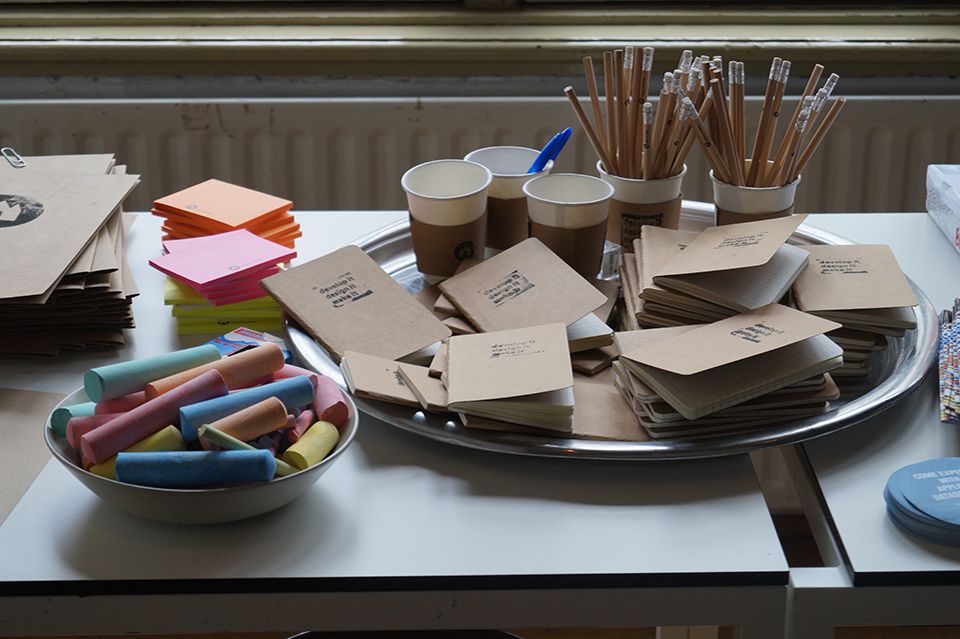
| 14.30 | registration and coffee |
| 15:00 | Introduction to E-Space by Antonella Fresa (Promoter srl, Technical Coordinator) |
| 15:15 | The Photography pilot and the goals of the Hackathon by Fred Truyen (KU Leuven) |
| 15:45 | Introduction to the toolkits, hardware and FabLab infrastructure |
| 16:15 | Demonstrations, Meet & greet opportunity, formation of teams |
| 18:00 | Drinks and Bites |
Inspiring ideas with keynote speakers
Simon Cronshaw (REMIX Summits): Business Modelling Workshop
Frederik Temmerman (iMinds): Photographic investigation of Artworks
Jan Baetens (KU Leuven): The culture of Photography
Yannick H’Madoun (Open Knowledge Foundation): Creative Commons
Fred Truyen (KU Leuven): All Our Yesterdays
Ides Bauwens (Nazka Mapps): Nostalgeo
Stefano Caneva, Derek Gireoulle (Wikimedia Belgium):GLAMwiki, Wiki Loves Monuments and Wiki Loves Art
Hackathon Day 2, 26 February
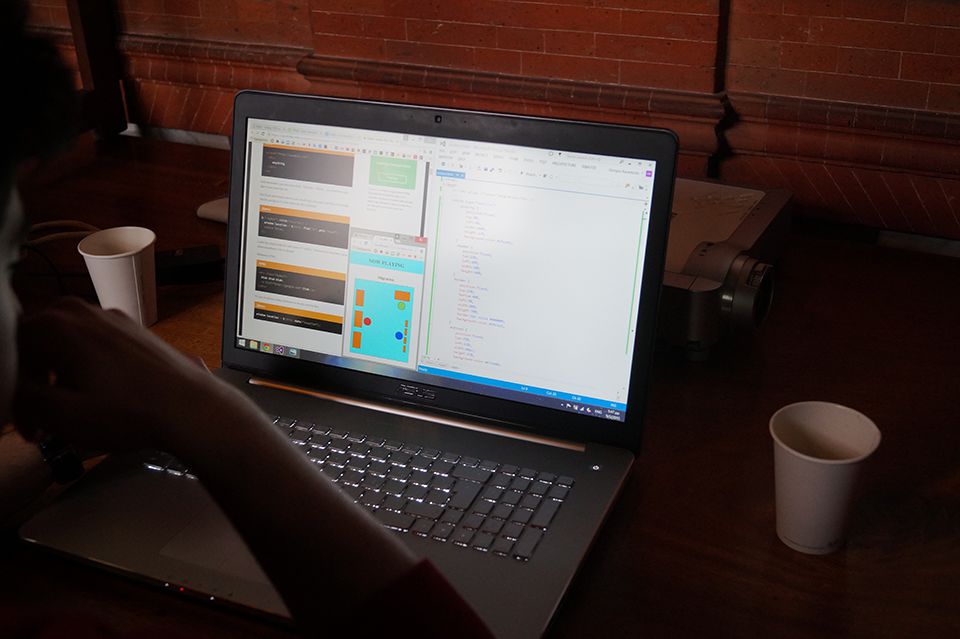
| 10:00 | Work Session in the FabLab |
| 18:00 | Pitch rehearsal and feedback |
Read more details on the event and stay up-to-date on the Photography pilot blog!
The Jury

Simon Cronshaw
Managing Partner & Co-Founder at REMIX Summits, specialising in entrepreneurial strategies, e-commerce, start-up operations.
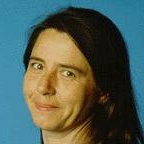
Antonella Fresa
E-Space Technical Coordinator. ICT Expert, experienced project manager of international cooperation R&D projects.
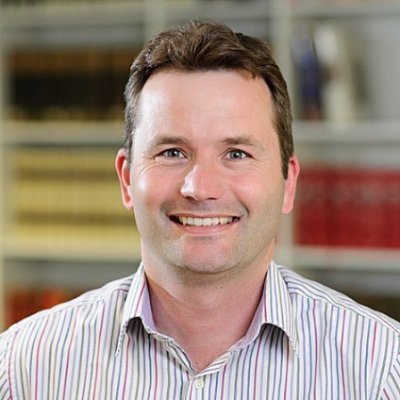
John Balean
International/Marketing Manager at TopFoto.co.uk. Member of CEPIC Committe and BAPLA Executive Committee.
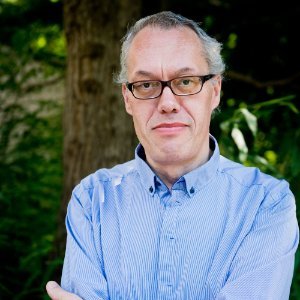
Jan Baetens
Professor at KU Leuven, in the Cultural Studies program, mainly working on word and image studies and cultural policy issues.
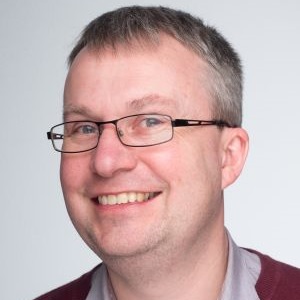
James Morley
Creative Industries Community Developer at Europeana. Responsible for promoting Europeana API and supporting innovative re-use of CH content.
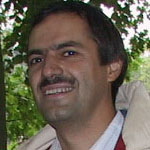
Fred Truyen
E-Space Photography pilot coordinator. Professor at the Institute of Cultural Studies at KU Leuven and head of the CS/Digital Media Lab.
Registration
Registration closed; the event took place on 25-26-27 February 2016.
Learn stories of the event at the E-Space project blog and on the Photography Pilot’s blog!
Newsletter
Join the Europeana Space Project’s Newsletter
Contacts
Clarissa Colangelo
clarissa.colangelo@kuleuven.be
Fred Truyen
Fred.Truyen@kuleuven.be
Blijde-Inkomststraat 21 PB 3301,
B-3000 Leuven, Belgium
Community
![]()
Co-funded by The European Union
Powered by Promoter SRL. All the photographs in the website are courtesy of K.U. Leuven.
